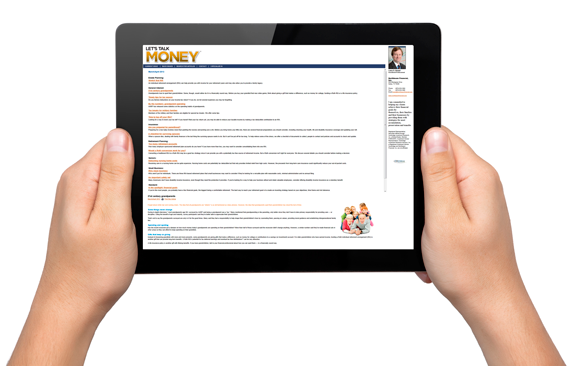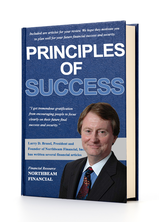YOUR PORTFOLIO AND TAX-EXEMPT INVESTMENTSIf you have recently thought about where you can best invest your hard-earned money, you may have come up against the age-old question of whether you will do better in a taxable or tax-exempt investment. While the answer is far from easy or clear-cut, there are some simple rules of thumb that you should know.
To determine the equivalent rate that a taxable investment would have to pay for you to net the same amount after tax, plug your combined state and federal income tax bracket into the yield comparison formula. Consider this hypothetical case: Mr. Wilson, who is in a 35% combined state and federal tax bracket, is considering buying a tax-exempt bond yielding 3%. The following formula indicates that Mr. Wilson would have to earn 4.6% on a taxable investment to be in the same position after tax: Tax-Exempt Bond Yield ___________ = Equivalent Taxable Yield 1 - (tax bracket) or 3% .03 _______ = _______ = 4.6% 1 - 35% .65 The following chart indicates what the tax-exempt and equivalent taxable yields would be for someone like Mr. Wilson in a 35% tax bracket: When considering a tax-exempt investment you have two basic choices: You can purchase bonds that pay tax-exempt interest or you can purchase shares in a tax-exempt mutual fund that invests in bonds (a tax-exempt bond fund). With the bond fund, you do not own bonds; instead, your investment is in a mutual fund that owns the bonds for all of the shareholders. Tax-exempt bonds come in many different varieties, including general obligation (GO) bonds, revenue bonds, and industrial revenue bonds. Some investors favor revenue bonds over general obligation bonds because revenue bonds are secured by the revenues from specific projects, such as utilities and hospitals, or tolls from bridges and highways. Because risk is spread over a number of different issues, some favor bond funds over owning a large number of bonds from the same issue. While tax-exempt interest is free from federal income tax, make sure that your state and/or city also exempts the interest from tax. If you own bonds, be careful to note that only the interest, and not any appreciation in value, is exempt from tax. Even though the interest is exempt from federal tax, you are still required to record tax-exempt income on your federal income tax return. Although your tax-exempt income may not be subject to regular income tax, it may be subject to the alternative minimum tax (AMT). Consult a tax professional for specific guidance. Mutual funds are sold by prospectus, which includes additional information on risks, charges, and expenses. Investors should read the prospectus carefully before investing. An investment in the fund is only one part of a balanced investment plan. The principal value of bonds may fluctuate due to market conditions. If redeemed prior to maturity, bonds may be worth more or less than their original cost. IVBXEMP1 Copyright © 2006 Liberty Publishing, Inc. All rights reserved. |
QUICK CONTACTREAD OUR FINANCIAL
E-NEWSLETTERS TODAY! I get tremendous gratification from encouraging people to focus clearly on their future final success and security.
Larry Brasel, President
|

|
|




